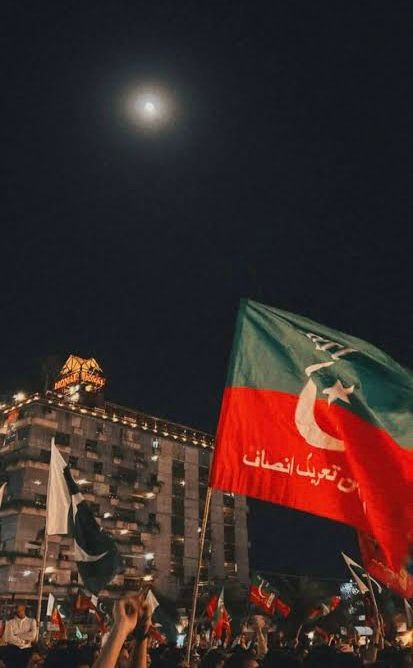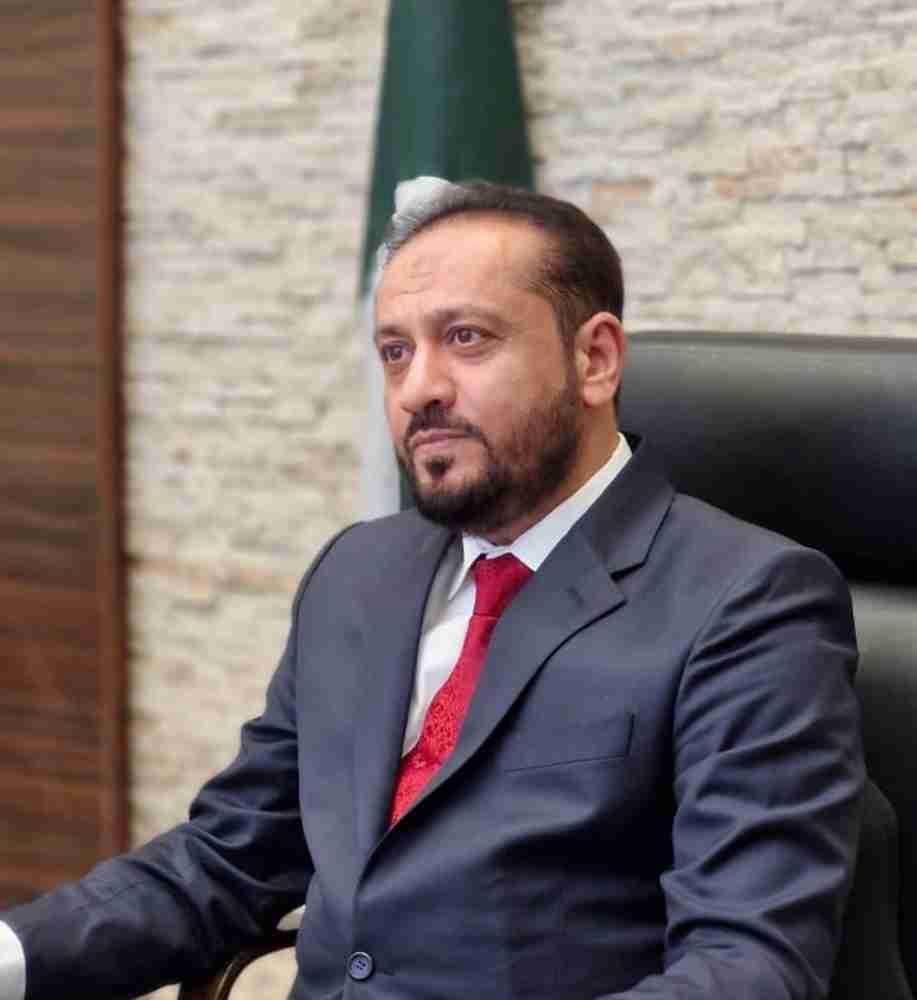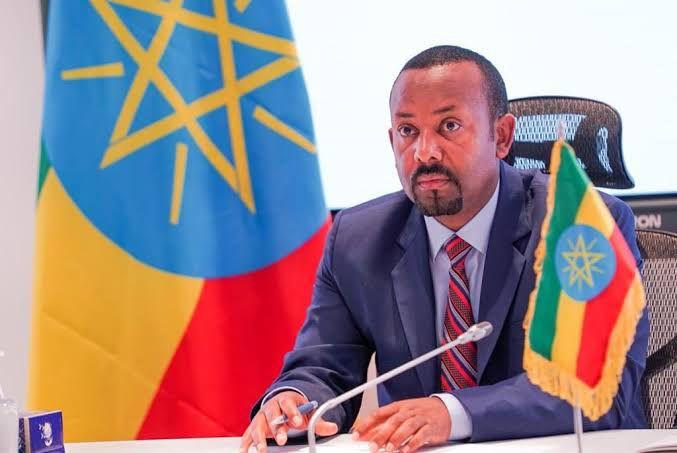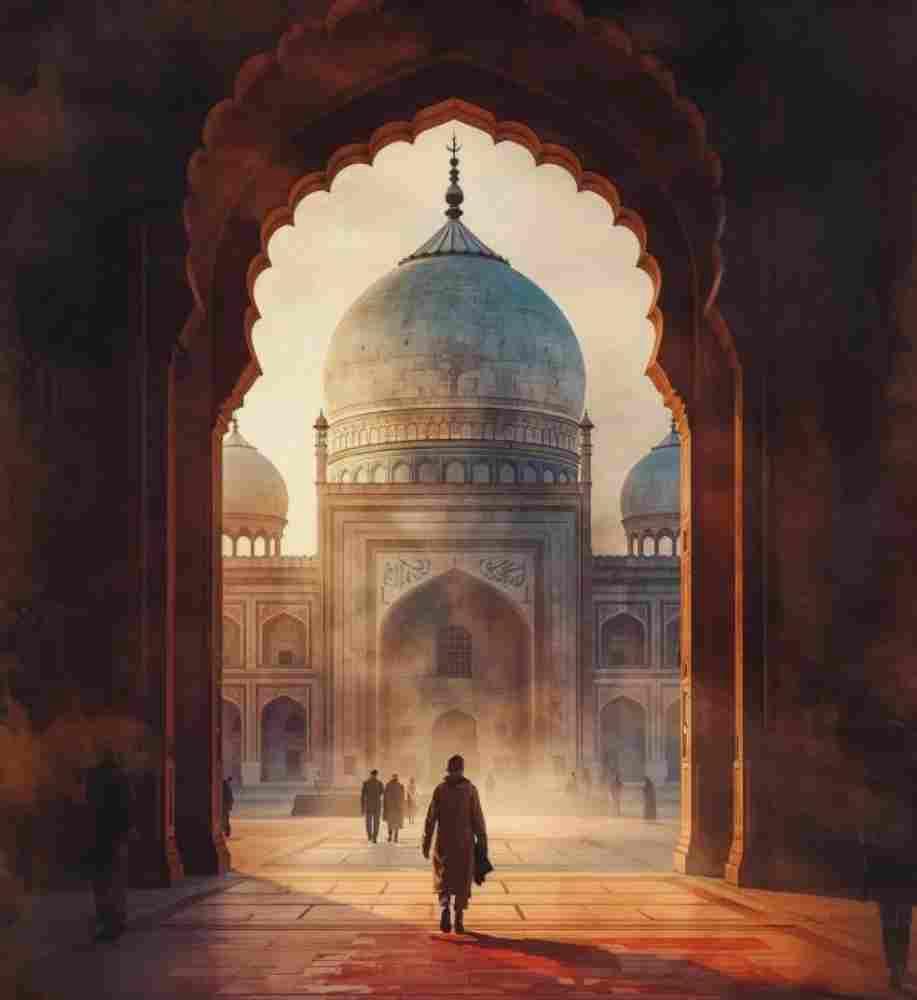By Abdul Rafay Afzal (Editor in Chief)
In anticipation of the 2024 General Elections, slated for the 8th of February, a sudden ripple in Pakistan’s political scene has emerged, one which leaves the critically acclaimed Pakistan Tehreek-e-Insaaf (PTI) in a precarious predicament stems position. This from a legal perspective, hinging on the emblematic ‘bat’ recognized insignia of PTI symbol, a shell-shocked, propelling us towards a convoluted electoral scenario. It now seems that PTI candidates will contest as independents, following the recent order passed by the Election Commission of Pakistan (ECP). As per law, elected independent candidates can only shift allegiances to a party possessing a registered electoral symbol, effectively making it impossible for the popular Imran Khan-led party to reclaim their previously held seats post-election. This predicament introduces a fissure in the country’s political landscape where PTI’s representation may remain symbolic but their ability to wield power could be significantly compromised.
The decision is rooted in Pakistan’s electoral laws, which necessitates a party to present a unique symbol, representing the party’s ideologies, to contest in elections. With the ‘bat’ no longer assigned to them, PTI’s candidates run the risk of not being able to formally rejoin the party even if they clinch a resounding victory. This is a significant setback for PTI, which, despite its popularity, now faces the formidable challenge of winning not as a united party but as a dispersed entity, left to navigate the quagmires of independent politics. This predicament presents a paradox: popular support without formal representation, a tough call for any party, let alone the formerly triumphant PTI.
Underscoring this complex situation is the role of Pakistan’s Supreme Court and the Election Commission, agencies who act as custodians of democracy in the country. Their ethos, representatives of the judicial and electoral ecosystems, are to respect and uphold the sanctity of the law, thereby ensuring fair elections. Their part in PTI’s symbol crisis underscores the intricate balance they maintain in Pakistan’s democratic setup.
The Supreme Court, Pakistan’s highest tribunal, and the Election Commission must navigate this momentous situation, safeguarding lawfulness while counterbalancing the dynamics of popular politics. Their impending rulings will be closely watched, as it navigates the country through uncharted political waters.I n conclusion, the 2024 General Elections in Pakistan promises to be an intense narration of politics played out against the backdrop of legal intricacies. The PTI stands at a potential disadvantage, which may unsettle predictions and possibly recast the political narrative within the country.
Although the entire experience explicitly places PTI in a legally disadvantageous position, it implicitly illustrates the robustness of Pakistan’s institutional framework. Despite the dynamism and messiness that politics often embody, the Supreme Court and ECP’s stand reveal the tenacious strength of Pakistan’s democratic fabric. Speculating outcomes may be a perilous exercise. Still, one fact is clear – these elections will be a crucial moment, not just for PTI, but for Pakistan’s democratic progress and the country’s legal landscape. The spirit of democracy, after all, lies in its ability to encapsulate and accommodate the unforeseen, and this narrative of the 2024 elections exemplifies just that.
Abdul Rafay is from Pakistan currently a law student at LJMU, UK. He is the Editor in Chief and Founder of The Advocate Post He writes on geopolitics, international relations, and legal affairs etc. in more than 10 countries in English & Urdu languages. He has been honoured of being one of Pakistan’s and World’s youngest columnists and editors.
Author can be reached at rafayafzal555@gmail.com
Instagram: @arafzal555






